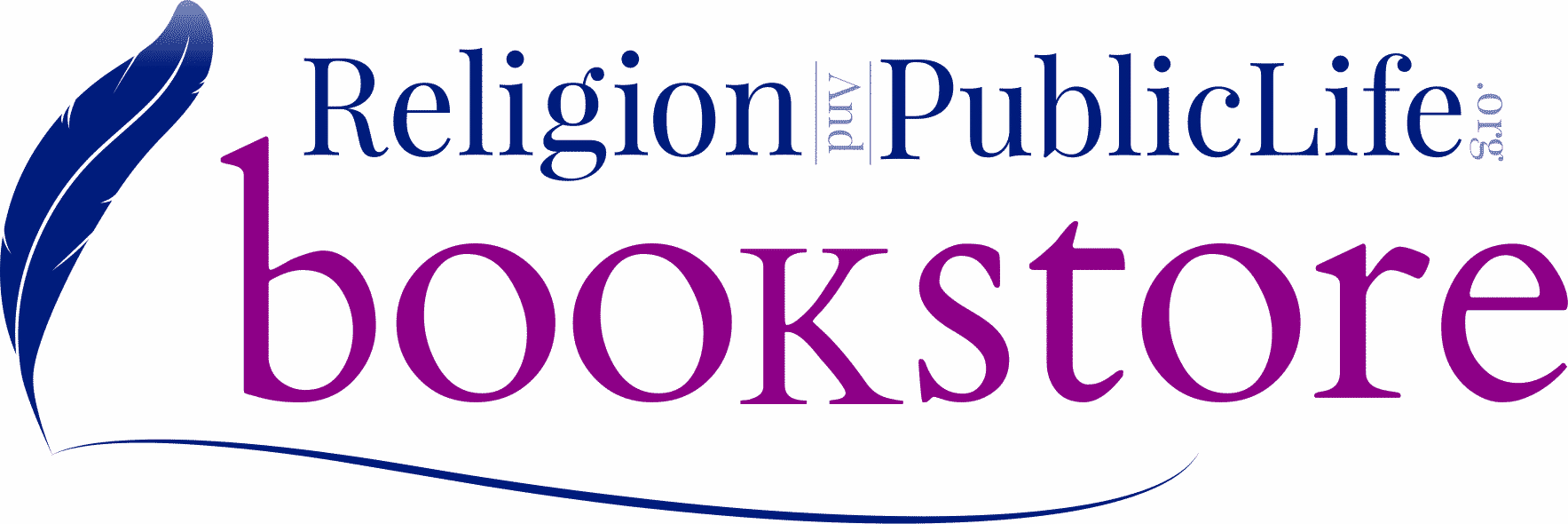The Dialogue Institute and the Journal of Ecumenical Studies share a common purpose—to advance intercultural dialogue and promote democratic values by supporting scholarship, training, and action.
Through local and international programs, our organization engages religious, civic, and academic leaders in practicing the skills they can use to transform conflict while building and sustaining relationships across lines of religion and culture. We provide resources and create networks for scholarship and action that value difference and foster human dignity.
During this self-paced course, you will:
- Define dialogue, and apply it to your daily life
- Gain tools to work across cultural differences
- Study frameworks for addressing conflict
- Learn how to effectively communicate within diverse communities in a way that fosters trust and supports peacebuilding initiatives
Participants are encouraged to learn from others’ perspectives and see themselves as an active participant in a larger society.





